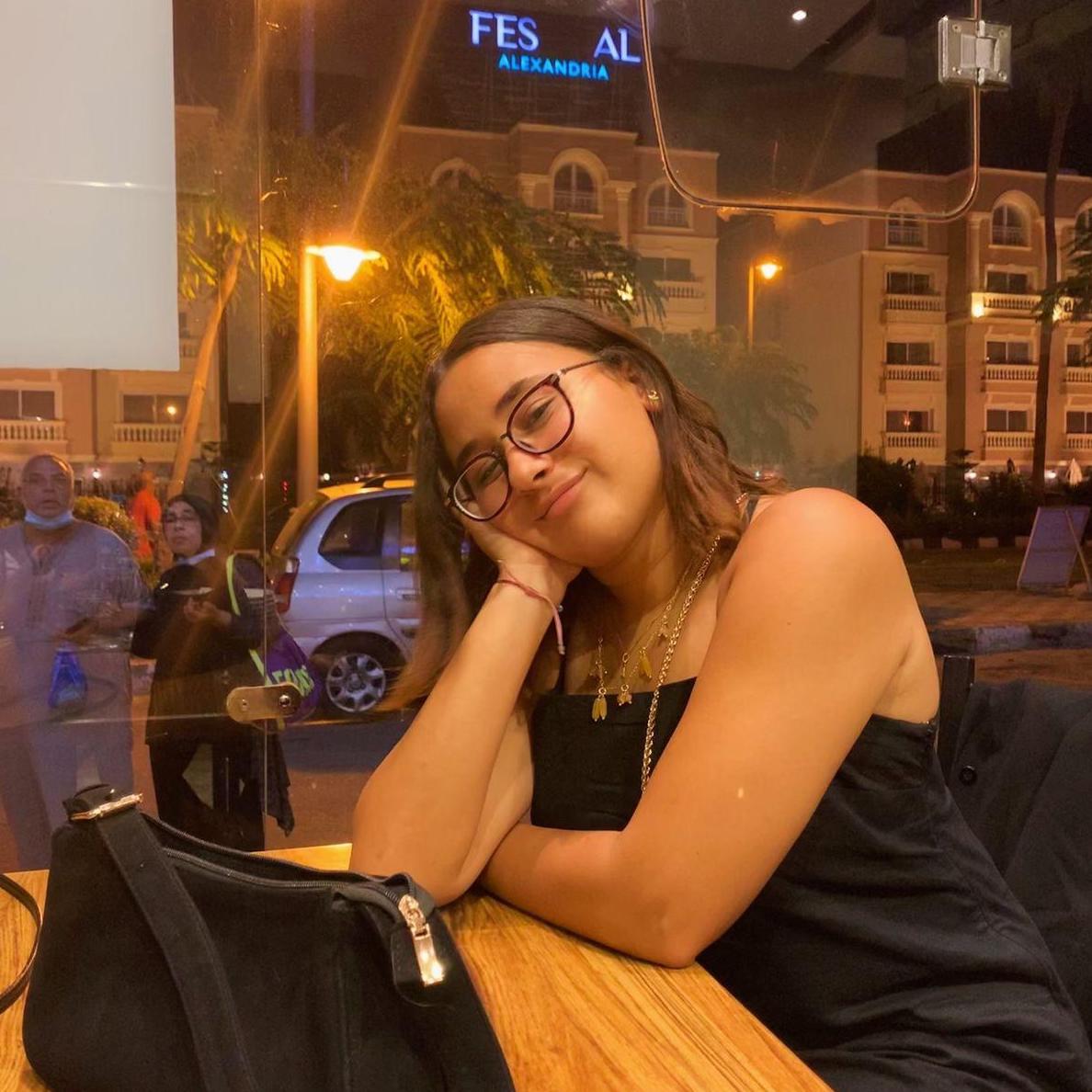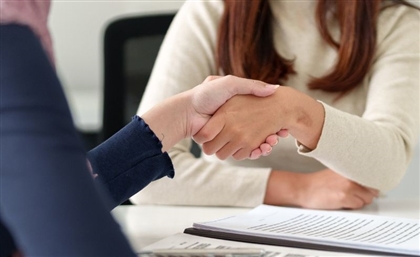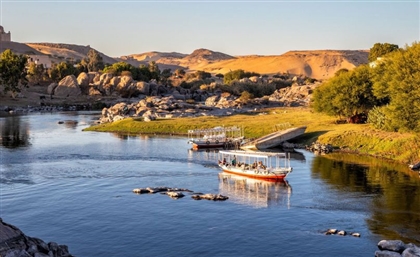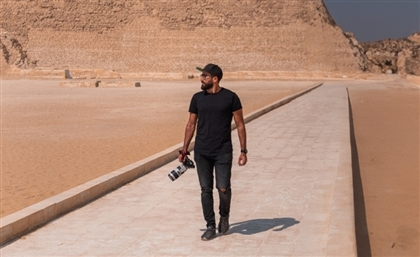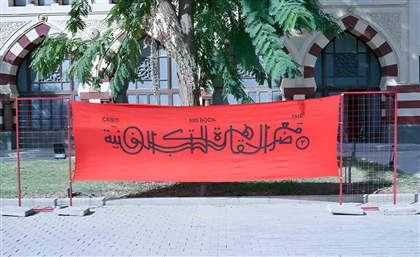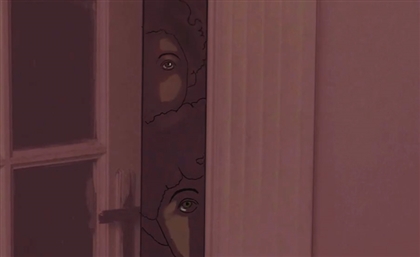‘Heya W El Camera’: Preserving Female Filmmakers’ Oral History
“When these women narrate their oral history, they document the world they existed in.”
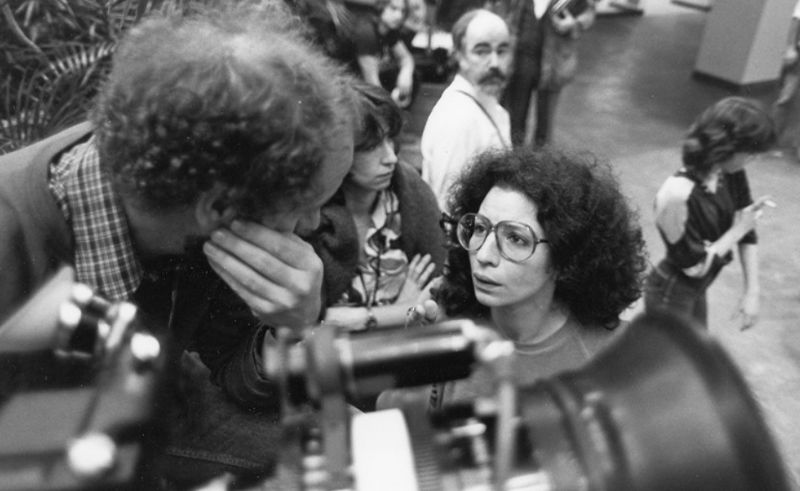
The key to a comprehensive history is that it is told through diverse sets of eyes. While in the case of cinema, that has become the case with many female filmmakers stepping up to make modern cinema and TV classics, the history of cinema itself lacks this female representation. In other words, we don’t know these women made these films; their work often fades into the background and their names are not as well-known as they should be.
In an effort to tell the stories of these women, the Women and Memory Forum (WMF) launched a series of short films where pioneer female filmmakers tell their stories, titled ‘Heya W El Camera’. “In a world where our history is often told by men, WMF is concerned with preserving women’s memories in a form of feminist archive,” project manager Sara Maged tells CairoScene. “When women narrate their oral history, they do more than tell their stories. They document the world they existed in.” In this case, it is the world of cinema, but WMF’s projects cover the lives of women in various fields, from entrepreneurs to civil workers.
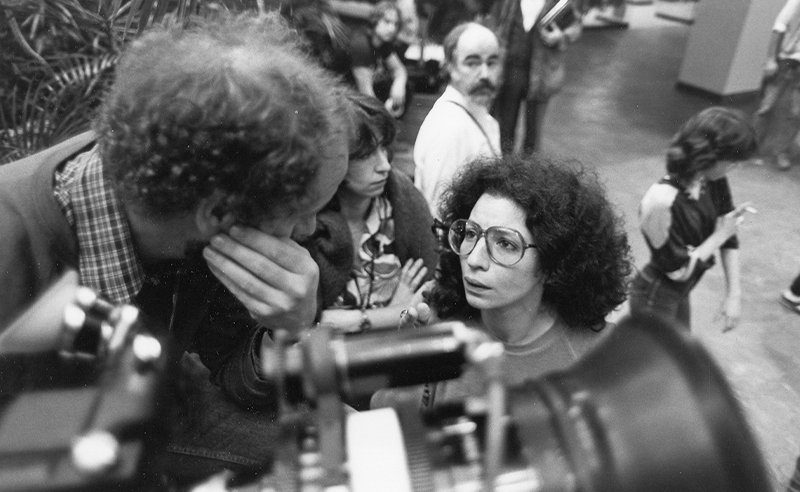
Taking the form of short films, directed and edited by a female filmmaker, ‘Heya W El Camera’ does the necessary work of documenting women’s stories. “The women involved in this project were actual pioneers in their field, but behind the scenes,” says director Aya Yusuf, who is also the director of documentary film ‘Samar: Before the Final Picture’. “That’s why it’s so important, so that these women don’t disappear into the folds of history.”
“The work of female filmmakers is integral to telling a whole story,” Sara Maged adds. “Mostly, when you see a film, it’s in the male gaze. Seeing films through the eyes of women, in scriptwriting, cinematography, direction, editing, revitalises cinema. These are women telling their own stories.”
From directors to screenwriters to editors, ‘Heya W El Camera’ spotlights 18 women who have spent a lifetime behind the camera, carefully creating beautiful pieces of cinema that have had a tremendous impact on Egyptian society throughout the years. Pioneers such as Tahani Rached, Mariam Naoum, Hala Khalil, Ayten Amin and Amal Ramsis have joined the project to narrate their experience in the field of cinema, telling anecdotes about mentors, parental struggles and filming among ruins.
In her feature, director Ayten Amin narrates her journey into filmmaking, which started when she first ever went to see a movie at Alexandria’s Cinema Amir, expressing that, “Previously I used to think that life had no meaning, but when I studied cinema, that changed. I started feeling like I had stories to tell and things to say. To me, cinema is synonymous with life.” The filmmaker talks about her mentorship with veteran director Mohamed Khan, whom she describes as, “a man you could learn from all the time, but not in a way that is patriarchal or in the form of lectures. It was in the way he interacted with people as he worked. He treated everyone equally. I felt like, even as an assistant, I had the space to voice my opinions, and he’d listen.”
In their respective films, Amal Ramsis recounts her journeys through Ain Al Hilweh refugee camp in Lebanon and Tahrir Square during the 2011 revolution, Taghreed El Asfoury tells of her lifelong fascination with performing arts and the very making of cameras, Hala Khalil discloses the inspiration behind her film ‘Ahla El Awkat’ (her childhood friends), and Mariam Naoum tells us how she left Paris for the love of Egyptian cinema. “The initial agreement was to get short interviews with each filmmaker,” Aya Yusuf says. “But during the filmmaking process, as the filmmakers got comfortable, the stories became too inspiring to contain. I had to insist that the interviews be longer.”
In her film, Tahani Rached, the director of documentary film ‘Four Women in Egypt’, says, “To film people, I have to love them.” This element of love is a common denominator in the way these female filmmakers tackled their craft, and also in the way they looked at their community.
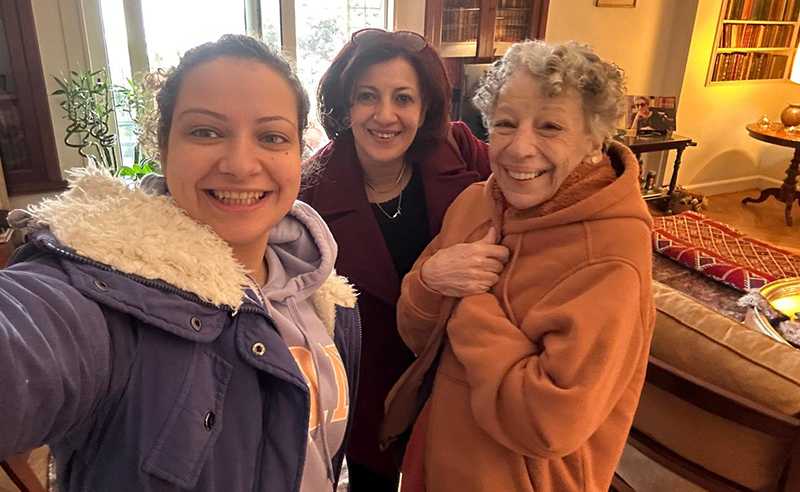
“What is beautiful about the community of women in Egyptian cinema is that they genuinely care about each other,” says Sara Maged. “There’s an element of solidarity that made this project easy - each woman connected us to another because they want to push each other’s work.”
The mere making of this project is an illustration of the power of this network, which extended to the films’ director, Aya Yusuf. “I got to meet my idols. Someone like Tahani Rached shaped my love for documentary films. To meet her, and listen to her story was a beautiful experience.”
‘Heya W El Camera’ is not yet over. As WMF reaches more and more female filmmakers, they will work to eternalise their histories in the form of stories. The program was recently screened in Downtown Cairo’s Zawya Cinema, but project manager Sara Maged also hopes to screen it in other locations, all over Egypt. “We have a huge archive of rich written content that we’re trying to repurpose in the form of films or podcasts. These films are the first step in disseminating our archive in new mediums young people can easily access.”
- Previous Article Ramy Youssef Has Been Nominated for His Third Golden Globe
- Next Article Six Unexpected Natural Wonders to Explore in Egypt
Trending This Week
-
Dec 12, 2025







